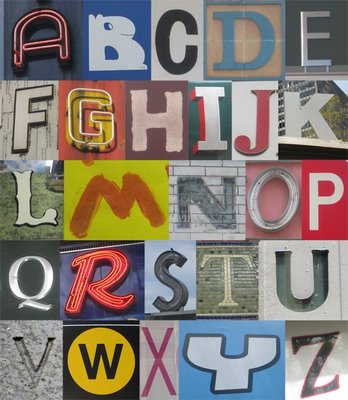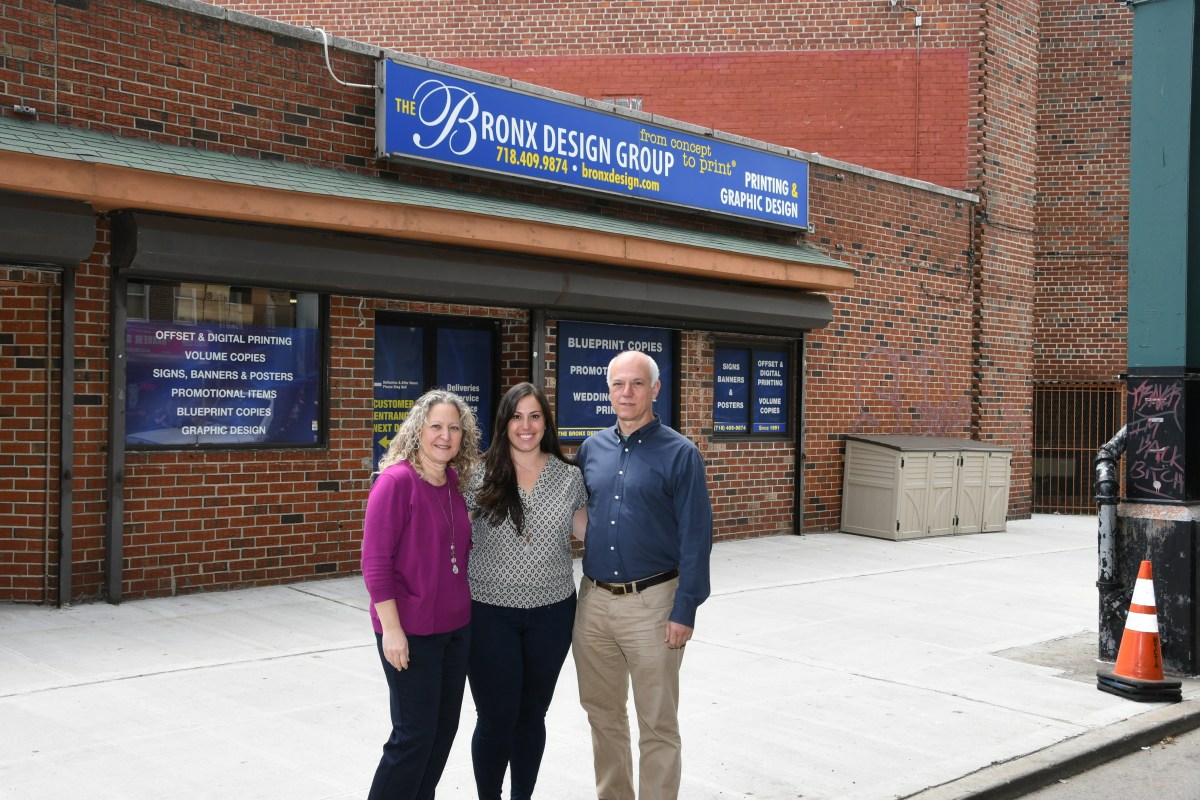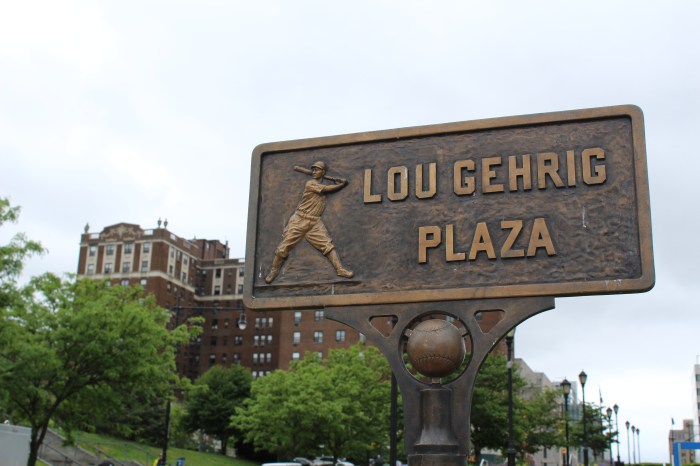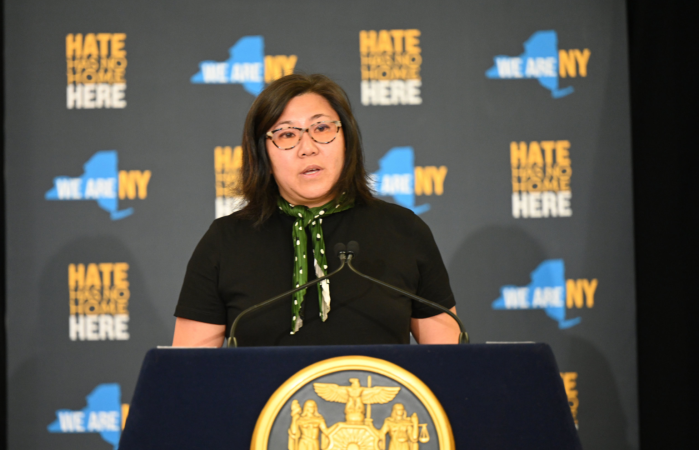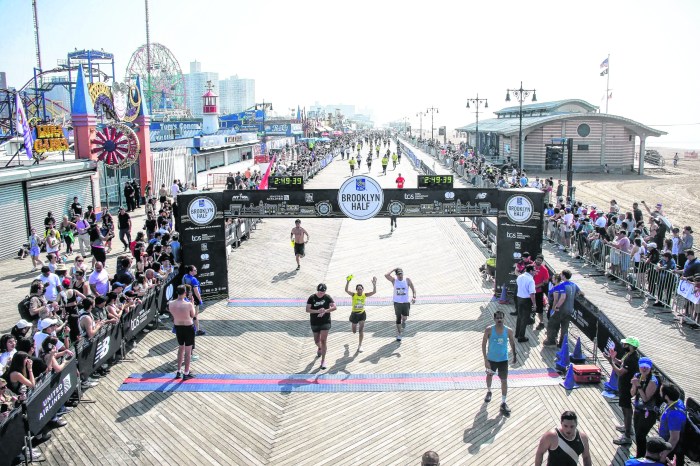Just not getting this ‘joke’
To The Editor:
“Pols, law profs, Sierra Club back N.Y.U. plan antis’ suit” (news article, May 14):
“A reversal of the Appellate Division’s decision would confront New York City [and] the state with a dilemma: Give up much-cherished temporary uses of municipal land — such as community gardens or recreational use of empty lots — or give up using the land in the future for other important municipal needs, like low-income housing or building healthcare facilities.”
Does Beckman intentionally go for laughs, or do you think this was inadvertent?
John Malecki
Closer look at N.Y.U. ‘friends’
To The Editor:
Re “Pols, law profs, Sierra Club back N.Y.U. plan antis’ suit” (news article, May 14):
“Beckman noted that N.Y.U. has some amici, too, namely amicus briefs in support of the university and the city in their legal fight for the mega-development plan.”
Interesting bedfellows.
The affordable housing groups made it clear they were not in “support or opposition” to N.Y.U.’s plan. They just don’t want a precedent set that might preclude building affordable housing on spaces that are under the city’s jurisdiction. Fair enough.
An amicus brief from New Yorkers for Parks is a bit more problematic. The organization — I read elsewhere — “warmed to N.Y.U.’s promise that its expansion will ultimately result in more green areas in the neighborhood.”
Neighborhoods, however, don’t work like that. It takes decades to build a community, and gardens are often the hubs that make that possible. People aren’t widgets: They like the places they’ve cared for, and aren’t going to be made happier because you offer something “larger.”
Gardens exist in the tradition of local stewardship. They are hotbeds of civic unrest and independent thought. Gardeners and “parkies” aren’t volunteers in that passive sense. We tend to see ourselves as caretakers of our community and its spaces. These aren’t “amenities” for us — they are our living, breathing homes.
New Yorkers for Parks has made dubious contributions of late to the entire discussion on privatization and parks. Their white paper (produced in conjunction with the New York League of Conservation Voters and presented with N.Y.U. Wagner’s Institute for Civil Infrastructure Systems) suggested ways to “creatively” fund parks. Some are useful.
But if I read this white paper correctly, it supports a dangerous erosion of citizen input into decision-making about public parkland. Invoking eminent domain, greater authority for conservancies over public agencies or the sale of mitigation credits to developers to solve parkland problems costs the public its right of self-governance.
N.Y.U. was begged to build in Community Board 1, for the good of that community, after 9/11. Instead it has chosen overreach again and again into the Village, to the destruction of much of what makes this community unique.
Many of us understand the political realities that force our hand at times. For instance, truly affordable housing in real quantity usually trumps, for me — especially if a neighborhood’s gentrification generated the removal of its poorer members, and the green space does not have decades of public usage.
But gardens and public spaces that have sustained a community are vital for the civic life of a city — and, yes, after 35 years, can be safely deemed parkland. They are the hubs of an active populace. And they are worthy of protection.
K Webster
Staff deserve better
To The Editor:
Re “Printing House staff strike after doorman fired” (news article, May 14):
What this article doesn’t mention is that these gentlemen have all been reliable and dedicated to the building and its residents for years. Yet, the board of this condo has refused to provide them with raises or any reason why they shouldn’t get raises, for over seven years for most of them.
The unit owners have implored and repeatedly petitioned, in writing, the board to provide raises and treat these good folks respectfully, to no avail. Planned Companies, an outsourcing firm, was retained by the board only 18 months or so ago, without a doubt for the purpose of preventing unionization. Previous to that, the staff was directly employed by the Printing House Condominium, and could have become unionized easily.
Unionization would run the unit owners (most of whom do not object) an average of $40 per month total, not per employee. The condo board’s obvious goal: To keep common charges as artificially low as possible until all the newly refurbished units and $14 million townhouses are sold. Welcome to the new Greenwich Village.
Frank Nervo
Thanks for a great read
To The Editor:
Re “Morton neighbors celebrate preservation champion” (news article, May 14):
Thanks for another insightful article, Albert Amateau.
Micaela Amato
Living Theatre vs. death
To The Editor:
Re “Living Theatre lives on in those Malina touched” (news article, May 14):
Glad to see you did the follow-up article to Judith Malina’s obituary that I suggested to Lincoln Anderson. For the story, I spoke to your writer Al Amateau about the anti-death penalty street theater actions that the Living Theatre did in Times Square, as a fairly recent example of Judith and the others’ commitment to social justice and opposition to capital punishment. But, unfortunately, Al didn’t mention it in the article. So I wanted to write this letter, so people know about it.
John Penley
Cude’s a cut above!
To The Editor:
Re “A water-shred moment for identity protection” (news article, May 14):
Not a shred of doubt about it — no one is more committed to the community than C.B. 2 First Vice Chairperson Terri Cude. Thanks, Villager, for the winning write-up and the fab photo of this event.
Susan M. Silver
E-mail letters, not longer than 250 words in length, to news@thevillager.com or fax to 212-229-2790 or mail to The Villager, Letters to the Editor, 1 Metrotech North, 10th floor, Brooklyn, NY, NY 11201. Please include phone number for confirmation purposes. The Villager reserves the right to edit letters for space, grammar, clarity and libel. Anonymous letters will not be published.



